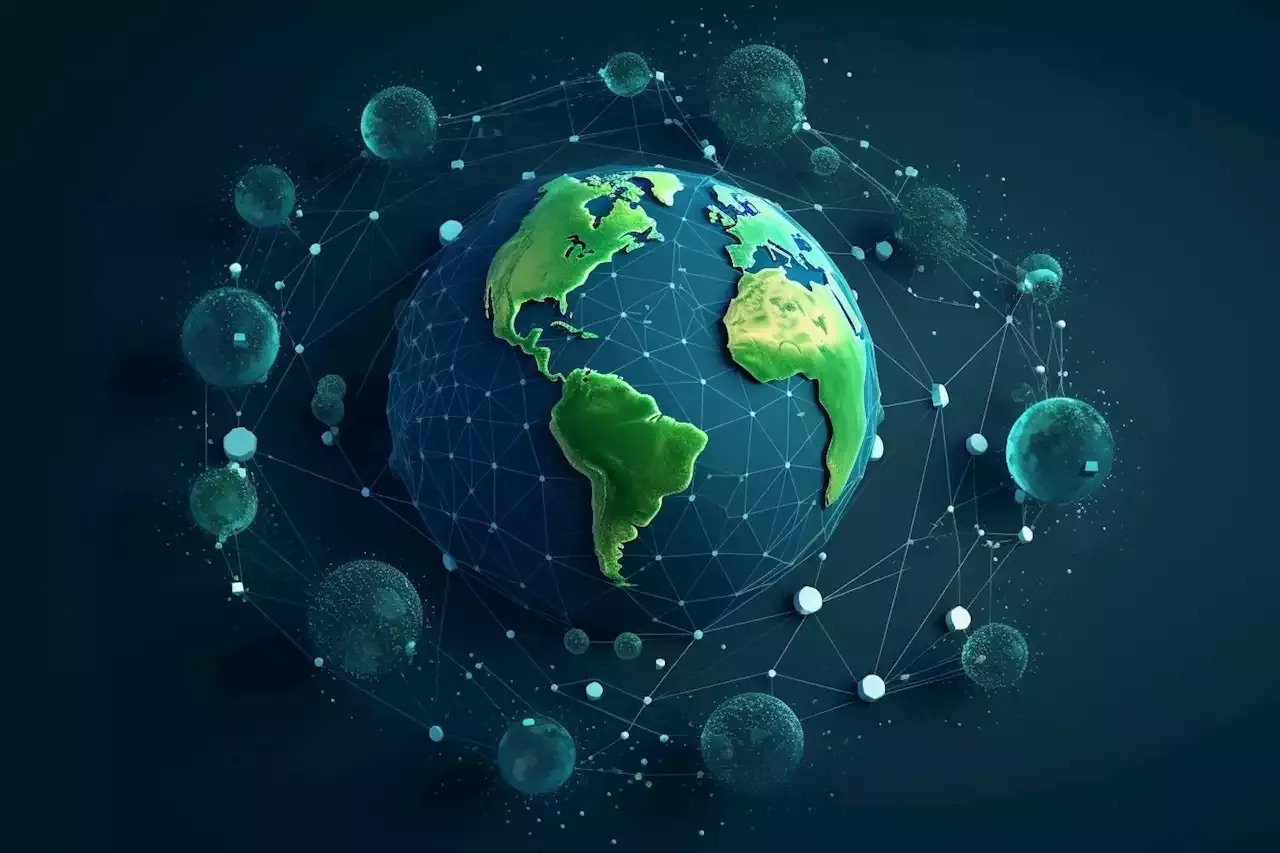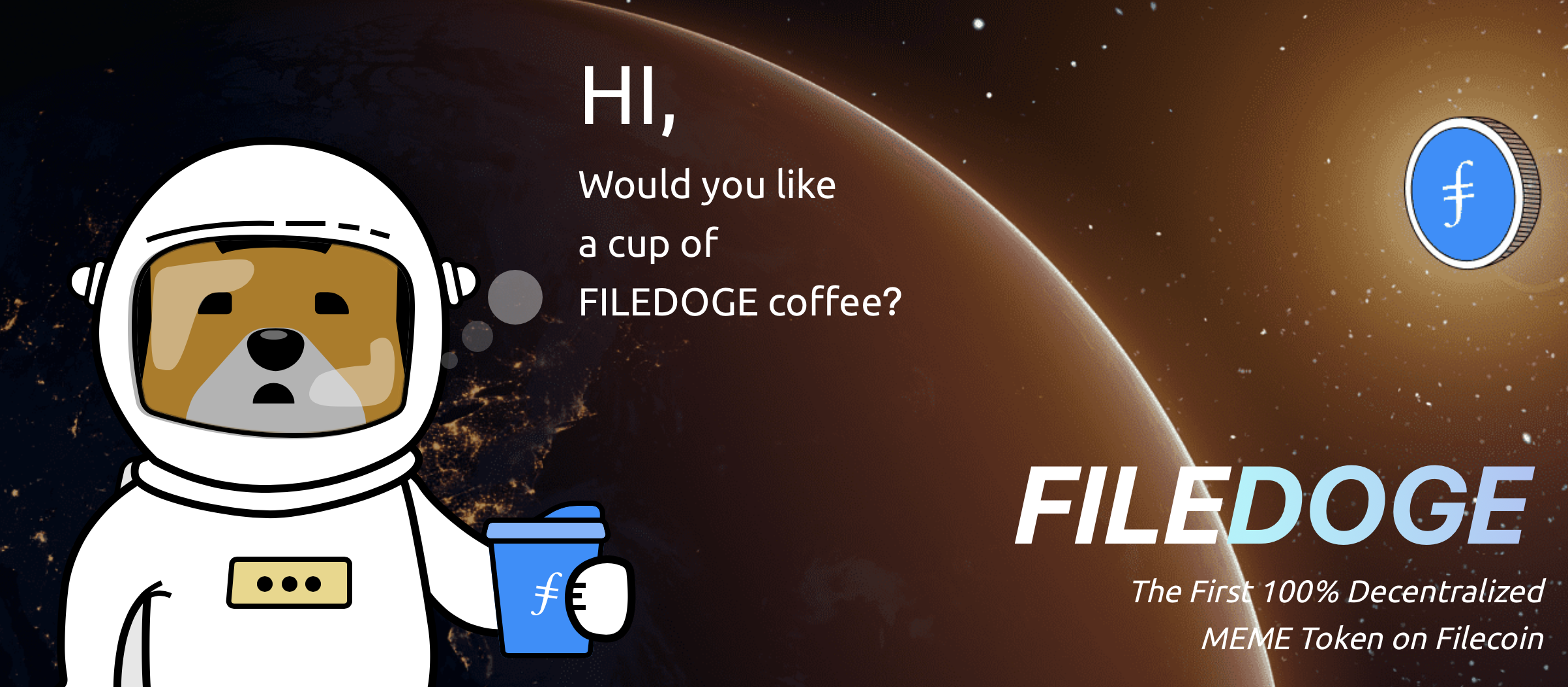Filecoin Blockchain: “The Green machine”
In 2023, we stand at a pivotal juncture, poised to harness cutting-edge technologies to combat pressing environmental challenges. In our ongoing battle against deforestation and related environmental crises, experts are looking to blockchain for answers to understand and mitigate climate issues. Leading the charge is Marc Johnson, an environmental solutions architect at Filecoin Green, a Protocol Labs initiative committed to decarbonizing Filecoin and other Web3 networks.
Deforestation, an enduring global menace with dire implications for climate change, biodiversity, and indigenous communities, remains a pressing issue. Recent European Union legislation mandates that products circulating within its markets must not contribute to deforestation anywhere in the world, a monumental stride forward. However, this mandate introduces intricate hurdles in terms of verification and compliance.
Web3 technology and specifically IPFS and Filecoin, is poised to offer a game-changing solution . It’s a network that employs content-addressed data and decentralized storage which enables it to trace every product – be it cocoa or printed paper – from its origin to its destination, providing irrefutable proof of its connection to deforestation. It’s hard to know the cause of harm if we cannot track all the systems related to it.
Imagine each product, like a chocolate bar or ream of paper, bearing a unique digital fingerprint registered on a blockchain-based system. This fingerprint encapsulates the product’s entire lifecycle – from the source of raw materials to manufacturing processes to the final sale. Content-addressed data ensures this information is permanently recorded on a decentralized database, identifying data based on content rather than location, ensuring immutability crucial for verifying a product’s origin. This transparency also minimizes the risk of falsified information, a long-standing concern in traditional supply chain systems.
However, achieving the full potential of this system demands widespread adoption across sectors and stakeholders, a transition from traditional supply chains to Web3-enabled systems. Although resistance to technological transformation exists, the advantages of Web3 technologies cannot be understated. By offering a robust data verification system, it can mitigate potential fines imposed on non-compliant companies, such as those under new EU regulations, where fines can reach up to 4% of annual turnover.
Furthermore, this system can promote responsible consumption. As consumers become more aware of their purchases’ environmental impact, they can opt for deforestation-free products, fostering trust and motivating companies to adopt sustainable practices.
In summary, Web3 technologies, particularly content-addressed data and decentralized storage, offer transparency, security, and immutability that can simplify deforestation compliance. As the world pivots toward sustainability, technology must keep pace. With the right adoption and investment, Web3 technologies could be the answer we seek.






